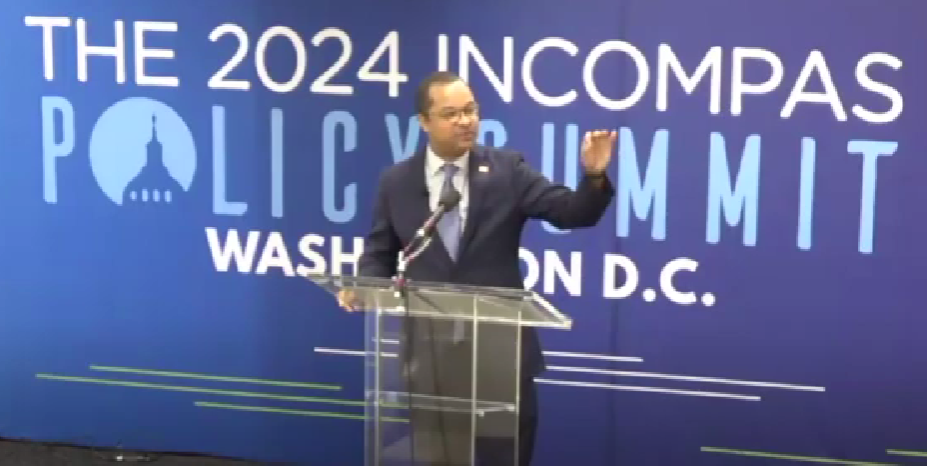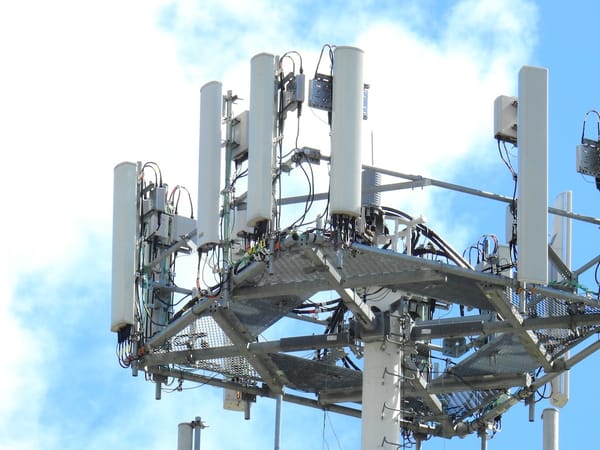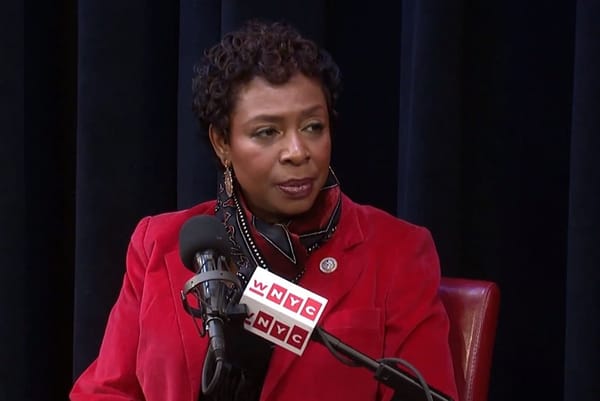Starks Pushes for ACP Renewal at INCOMPAS Summit
Starks hailed the ACP as the most effective program to date in helping low-income Americans maintain online connectivity.

March 6, 2024 – The impending end of the Affordable Connectivity Program in April poses a significant threat to the families who rely on its benefits, said Federal Communications Commissioner Geoffrey Starks speaking at the 2024 INCOMPAS Policy Summit on Tuesday.
Starks urgently called for the replenishment of funding for the ACP, highlighting its critical role in bridging the digital divide for millions of American households who struggle to maintain the cost of a monthly internet subscription, particularly those in low-income communities.

Despite the ACP receiving strong bipartisan support from the general public, ACP proponents face staunch resistance from Congressional Republicans in their quest to secure more funding for the endangered program.
Republican lawmakers penned a letter to FCC Chairwoman Jessica Rosenworcel in December calling the program “wasteful." Some Republicans in Congress have alleged that ACP beneficiaries already had internet access before the initiative’s inception.
The FCC subsequently released data from a December 2023 survey showing 68 percent of subsidy program participants had “inconsistent connectivity or zero connectivity” before signing up for the ACP.
Referring to the numerous individuals he has met who have gained access to digital resources for the first time through the ACP, Starks remarked, “I could go on…”
Starks shared anecdotes, including that of a man he met who, thanks to the ACP, was able to access virtual digital literacy classes and improve his healthcare by applying for benefits online.
He also mentioned a woman living in federal housing, who used the ACP to connect with her family and church community, and has since launched a successful knitting business online.
He shared the story of a mother of four who relied on the program when her children's education turned virtual, saying “She looked at me with a combination of grave worry and deep frustration saying she doesn’t know what will happen to her family if the ACP goes away.”
Due to a lack of funding, the ACP is in jeopardy despite being hailed by Starks as the most effective program in helping low-income Americans access and maintain online connectivity.
The program’s future is currently unknown, even as one-third of American households cite cost as a significant obstacle to maintaining an internet subscription, according to a recent FCC survey.
The December 2023 survey shows that 80 percent of ACP participants claimed affordability as the main barrier to connectivity. The survey also finds that 77 percent of participants anticipate losing connectivity or experiencing disruptions to their connectivity in the event the ACP expires due to changing their plan or dropping internet service.
The ACP has been used to connect more than 329,000 tribal households and 10 million Americans over the age of 50. Over half of the families using the program are military families, reported Starks.
Statistics from the FCC indicate that 50 percent of participating households are from Black and Latino communities. Moreover, among students aged 18 to 24, 75 percent rely on the ACP to fulfill their schoolwork requirements.
The program's success is evident in its universal appeal and surpassed expectations in rural enrollment, Starks said.
Despite the obstacles, there is optimism as bipartisan and bicameral endeavors in Congress aim to allocate $7 billion to extend the program until the conclusion of 2024.
Additionally, nearly 400 industry leaders, public interest groups, and 174 mayors are advocating for ACP refunding.
The urgent call for action underscores the importance of ensuring equitable access to broadband for all Americans.









